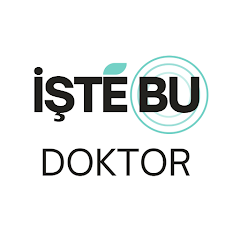A different approach to leakage of esophageal atresia in children
Background: In this study, we aimed to present the results of patients treated for esophageal leakage with a different conservative approach.
Methods: Ninety-eight patients with esophageal atresia and tracheoesophageal fistula (EA) who underwent surgery in our clinic between February 2013 and January 2018 were retrospectively reviewed in this study. Patients' anastomosis leakage, gestational week, gender, body weight, referral date, recovery time and stenosis were recorded. After leakage detection, the nasogastric catheter was fluoroscopically converted into a nasojejunal catheter using a guidewire and feeding continued.
Results: Anastomotic leakage developed in 18 (18.3%) patients. The average gestational age at birth was 35.4 weeks; the patients included ten girls and eight boys of average weight 2.41 kg; the average referral period was 2.1 days after birth and the average time of surgery was 2.4 days after birth. The average recovery time was 21.1 days (range: 8-60 days). Eight patients developed stenosis that recovered with dilatation.
Conclusion: Our findings suggest that our conservative treatment approach, which uses a nasojejunal catheter, is an effective method that would reduce complications, enable earlier feeding, and reduce the cost compared to other treatment approaches.

